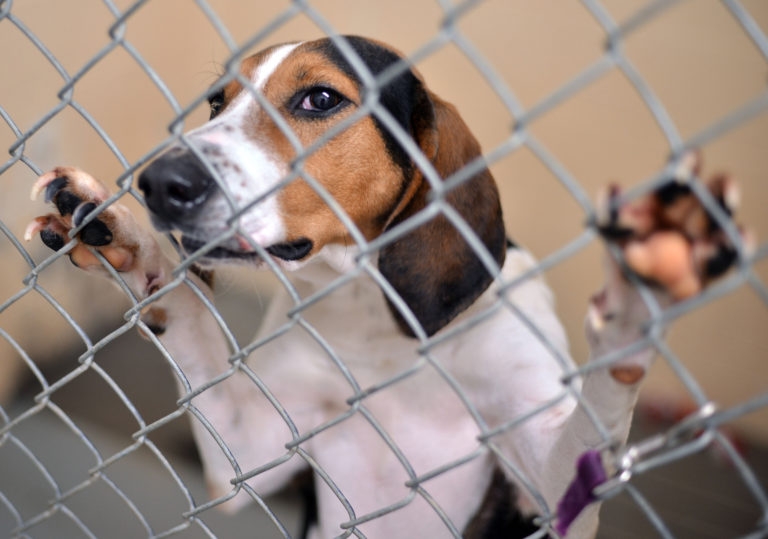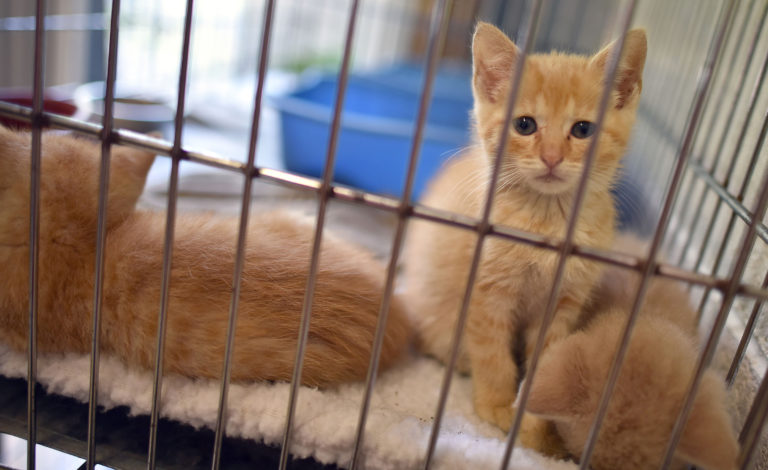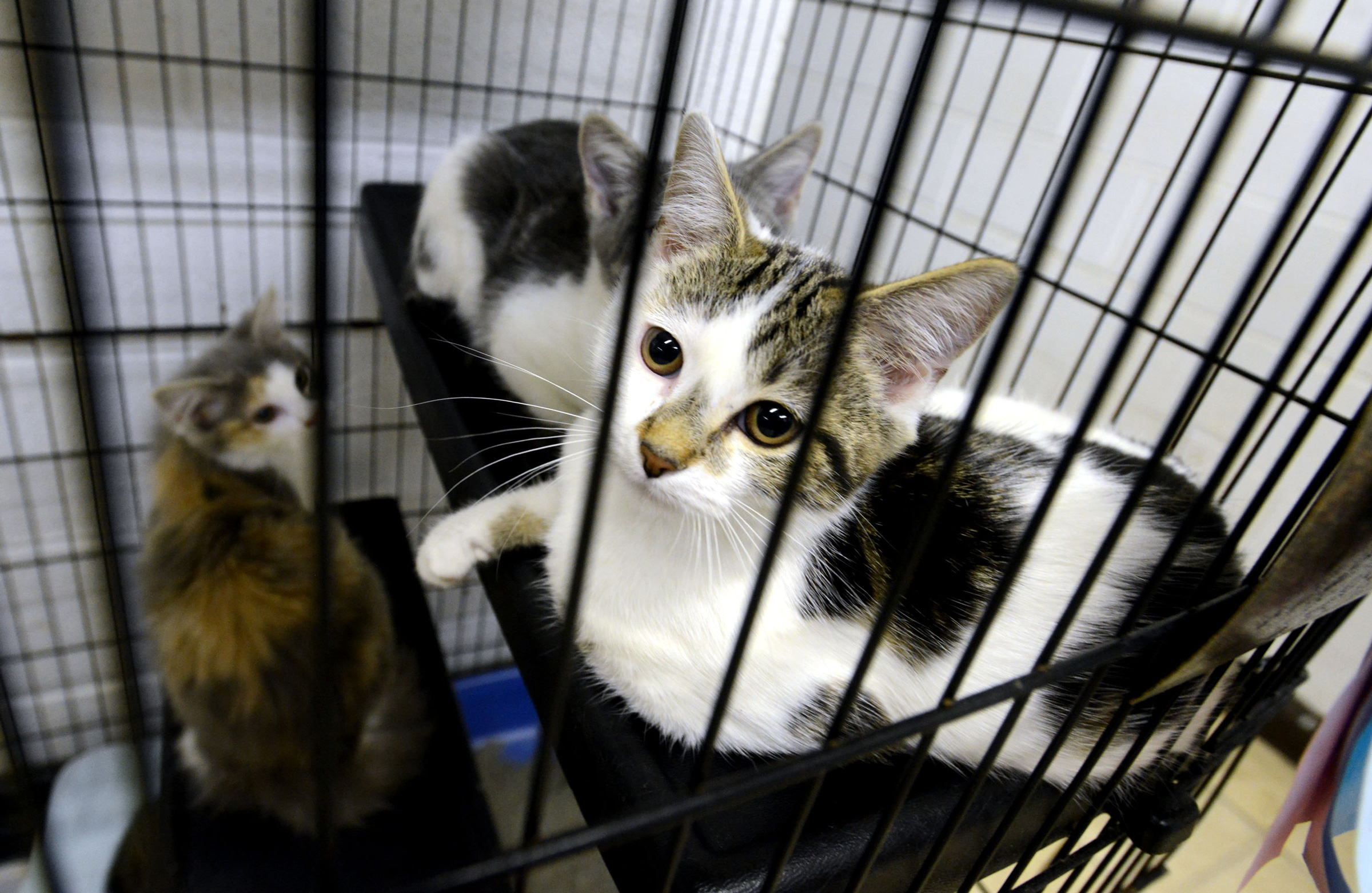By Susan Robertson | Photos courtesy of Petworks
When the UT Municipal Technical Advisory Service (MTAS) works with its customers, Tennessee’s 345 cities, it’s often the residents who see the impact. In the case of a long-running project with the city of Kingsport, it’s the region’s cats and dogs that benefit.
The project started almost 10 years ago when MTAS and the County Technical Assistance Service (CTAS), both agencies of the UT Institute for Public Service, conducted an analysis of the Kingsport, Sullivan County and Bluff City animal shelters. The recommendation from the analysis was to combine the shelters and operate them as a 501c3 organization. The three entities combined efforts and began a campaign to build a new shelter to replace two antiquated shelters.

With the money raised to build a new Petworks shelter and just weeks away from pouring the foundation, Petworks Board President Tom Parham once again called on MTAS to conduct a staffing and operational needs assessment for the shelter.
MTAS Management and Finance Consulting Program Manager Pat Hardy says, “We examined data from previous comparative studies and from comparisons with newer, similar facilities. In addition, we interviewed key staff and Petworks board members. Finally, we utilized national standards for shelter and animal control services to estimate the new facility’s needs.”
One key fact about Petworks that affects staffing and financial needs is the shelter’s no-kill policy.
“We have not euthanized an adoptable cat or dog in the last 18 months,” Parham says. He also says they will rely on the UT College of Veterinary Medicine program and its Spay-Neuter Mobile Service to help control the pet population.
In his research, Hardy found that a number of animals at Petworks have been in the shelter for more than a year and some as long as a year and a half.
“Needless to say, there are additional costs associated with this higher level of service,” Hardy says. “The extended stay time required in these shelters influences staffing and other factors.”

Currently, the shelter has eight full-time employees and two part-time employees. After the analysis, Hardy presented three staffing alternatives to the shelter; however, none have been adopted so far.
The $2.5 million in funds to build the shelter came from the city of Kingsport, area businesses and private donors. In examining operational expenses, Hardy found that the level of community support is “quite remarkable.” However, with the increase in size of the facility, such expenses as utility costs will increase. In his report, he suggested several options, including increased fees and additional fundraising events to increase revenue.
The new Petworks shelter is to open this summer.



